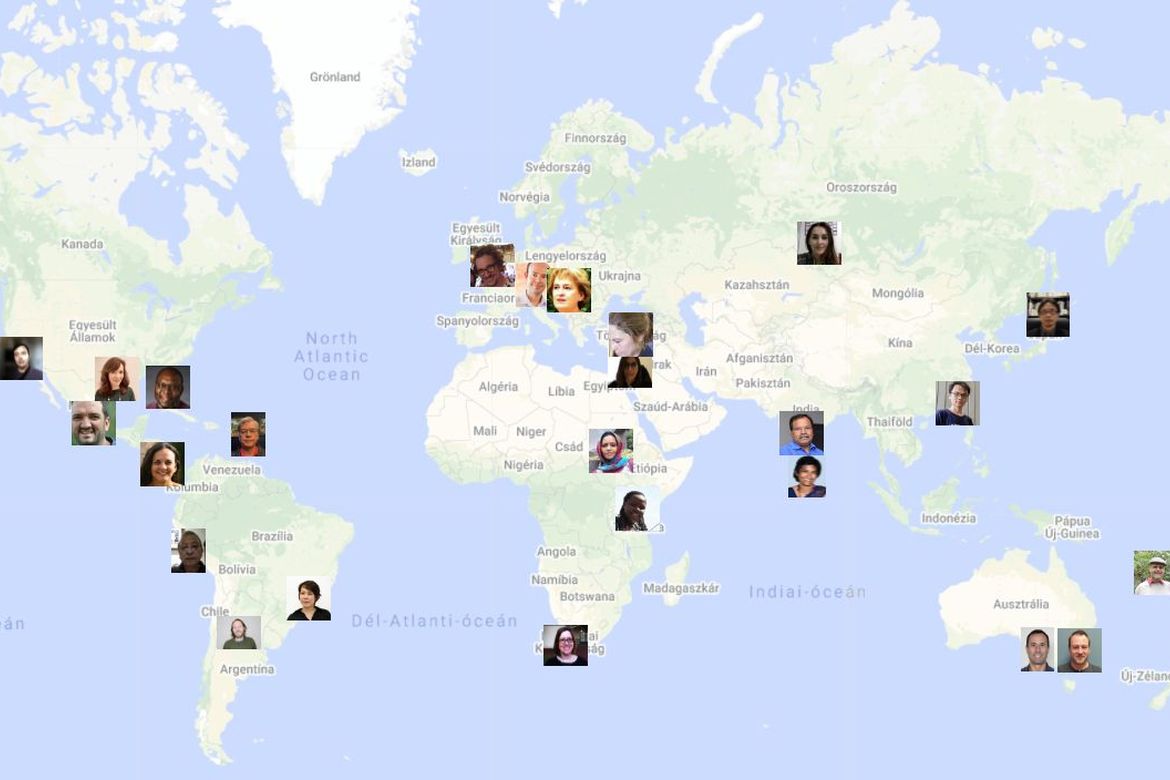Two researchers from the ELKH Research Centre for the Humanities, Eszter Bánffy and Anna Szécsényi-Nagy, participated in a multidisciplinary workshop aimed at developing ethical guidelines that can be applied globally to DNA testing of human remains. The five guidelines, developed with 68 researchers from 31 countries, were published in the prestigious journal Nature.
The guidelines and declaration, drawn up and signed by an international consortium, were initiated by David Reich’s Harvard Working Group of US geneticists, and were based on the results of a global workshop held in November 2020.
The cornerstones of the basic ethical principles of human archaeal DNA research that can be applied globally are as follows:
- researchers are required to comply with all regulations in the country where they work and where the human remains originate;
- researchers are required to make a detailed plan before starting any study, and to share it with stakeholders;
- researchers are required to minimize the destruction of human remains;
- researchers should ensure that data are made available after publication to allow critical review of scientific results;
- researchers should engage with stakeholders, including archaeologists, anthropologists, museologists and local communities, and ensure that their views and sensitivities are taken into account and respected.
As a co-author of the publication, Anna Szécsényi-Nagy and the BTK Institute of Archaeogenomics are committed to adhering to these guidelines. The researchers believe that the guidelines will help the discipline work in accordance with appropriate ethical standards and may also provide the basis for national professional consensus.
They stress the importance of discussing in detail with stakeholders the design, timing and expected outcome of the studies before the practical work begins. As part of their professional work, they regularly consult with sample donors, archaeologists and anthropologists, and aim to achieve joint, interdisciplinary work by maintaining a dialogue.
DNA samples are extracted from biological samples using constantly evolving techniques to minimize the damage to the samples, while ensuring the effectiveness of the research. The intermediate DNA products of the work leading to the results will be stored, and the data will be freely available after publication. At the same time, they do their utmost to make the results as widely known as possible and to communicate them in a way that prevents misinterpretation and misuse.
The researchers also point out that the results of archaeogenetics should play an important role in understanding the past, but should not be used as a basis for the exclusion of certain groups or for the ideological – power or territorial – ambitions of others.
The full statement can be found in Nature.
The package of proposals was translated into 24 languages by the working group. The Hungarian version is available here.



